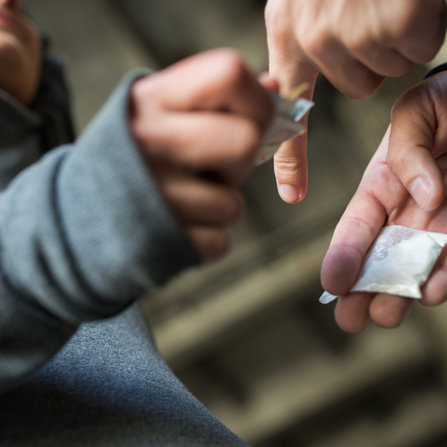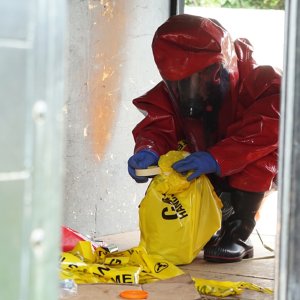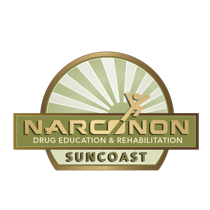Dealers Getting Away with Selling Synthetic Opiates

Years ago, the drug known as “spice” became a huge problem. The drug came around in the late 2000’s and its effects were soon felt. Spice was originally looked at as a way to get a legal high that wouldn’t get picked up on drug tests. It was a synthetic cannabinoid that was sprayed onto dried plant matter and sold in head shops and gas stations nationwide. People on probation or those who play sports are obviously banned from taking drugs, so smoking spice was a way they could get high and not get caught.
After the DEA caught on to what was going on, the drug was banned. Chemists then took the banned chemical, slightly altered it, and created a new chemical which wasn’t illegal. The DEA then banned that one and the chemical was changed, yet again. At this point we’re so many deviations away from what the original spice chemical was that we don’t really know what it is anymore. News reports started coming out with horror stories of what people were doing while under the influence of spice. Users were basically losing their minds, even dying in some instances, and thus began the synthetic drug problem.
Not only did the same series of events occur with a drug called “bath salts,” but it’s now happening with opiates. Synthetic opiates or “analogues” have been around for a while and new ones keep popping up. Just like spice, when one chemical is banned, another one is created that isn’t illegal. We’ve gotten to the point where we don’t completely understand what some of the fentanyl analogues or “alterations” are at this point. The awful thing is that most of these analogues aren’t on the DEA’s controlled substances list, which makes prosecuting people for selling them pretty difficult.
Ed Ryan, a prosecutor with the Nashville District Attorney’s Office said, “prosecution does become problematic” when it comes to these designer drugs. The reason it becomes problematic is because if a drug isn’t on a state’s schedule of narcotics, it becomes hard to prosecute dealers for selling them because technically, what they sold isn’t illegal or technically against the law.
Treatment providers are also confounded by a lot of these synthetic opiates as well, because when a person comes in on them you have no way of telling what their withdrawal is going to be like or how they’re going to react during their detox. They can’t prepare for what could come up while they’re coming off the drug and the situation can become very unpredictable. It’s also very weird for drug rehab employees to see someone come into the center completely high out of their minds and when they’re given a drug test, they’re clean for everything.
As long as addicts keep buying this stuff, these synthetic opiates will continue to be created and distributed throughout the country. Society needs to get a handle on this and we can’t take a passive role at tackling the problem. We can sit back and complain about the epidemic and how bad it is, or we could actually get up and do something about it.


